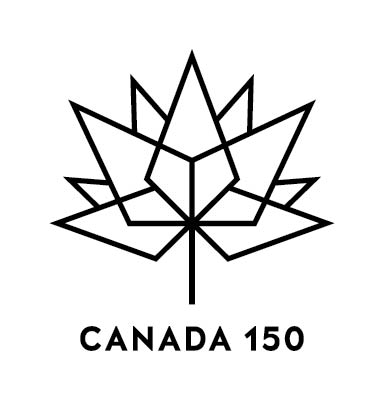FINDING A PATH TO RECONCILIATION: MANDATORY INDIGENOUS LAW, ANISHINAABE PEDAGOGY, AND ACADEMIC FREEDOM
Abstract
The Truth and Reconciliation Commission has called on law schools in Canada to make Indigenous law a mandatory component of legal education. In its final report, the Commission provides the outline of a rationale in support of this call to action. This paper builds on that outline by grounding the Commission’s rationale in the jurisprudence on section 35(1) of the Constitution Act, 1982. Articulating a comprehensive rationale is useful for at least three reasons. First, such a rationale can underpin a response to the claim that a required Indigenous law course lacks value for those students who do not intend to practise Aboriginal law. Second, the format and pedagogy used to teach Indigenous law as a mandatory subject should be informed by the rationale underlying the call to action. Third, this rationale dispels the concern that mandating the study of Indigenous law violates academic freedom.Keywords:
Aboriginal Law, University, CBA Legal Futures, “Transforming Legal Education and Training in Cana, 35(1), Academic Freedom, Anishinaabe, Epistemology, Indigenous law, Indigenous Legal Traditions, Mandatory, Pedagogy, Place-based learning, Truth and Reconciliation Commission, Tsilhqot’inDownloads
Total Downloads:
Download data is not yet available.





